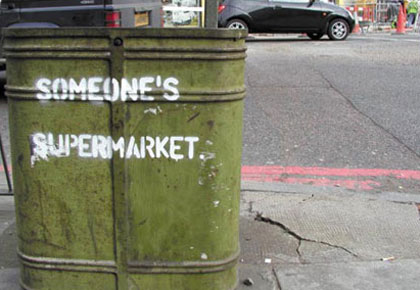.
Are you happy? Do you know how to gain happiness? What do ‘experts’ say happiness is?
10 insights from the planet’s foremost experts on the fabric of happiness in the 21st century:
1 “Feel the real — happiness is not the absence of sadness. I’ve never lost a patient to terminal crying.”
2 “Happiness is the absence of stress-related thoughts and memories, toxic hostility, Type-A responses and a hysterical amygdula.”
3 “We are wired for good, and we can cultivate a good life through things like meditation and boosting our oxytocin levels. Touch and expressions of gratitude boost this neuropetptide that floats through the bloodstream, which spreads trust and compasison.”
4 “Realize, experientially, the absence of self. That’s genuine happiness.”
5 “The wonder of the voice is that it’s the only musical instrument that we carry around with us all the time. If you use your human voice in song, you will be happy. It takes you away from all the troubles of the world.”
6 “Attaining the conditions of happiness in its highest form is to care for the collective soul, our collective life-force.”
7 “When it’s ‘normal’ that every workplace offers massage, meditation, three organic meals a day, and lets you bring your dog to the office, our work will be done. If everyone develops mindfulness from the inside out, we will make world peace.”
8 “Happiness is Platonic, Darwinian hedonism.”
9 “Pursuit, according to Samuel Johnson’s dictionary, means ‘to follow with hostility’. It doesn’t go with happiness.”
10 “Happiness is freedom from excessive self-concern.”
To see whose definitions these are go HERE
To read a very interesting article on happiness by Craig Lambert go HERE




